by Robert C. Fuller
Christianity and Race in the American South
A History
Paul Harvey
The University of Chicago Press
CHICAGO & LONDON
The University of Chicago Press, Chicago 60637
The University of Chicago Press, Ltd., London
2016 by The University of Chicago
All rights reserved. Published 2016.
Printed in the United States of America
25 24 23 22 21 20 19 18 17 16 1 2 3 4 5
ISBN-13: 978-0-226-41535-2 (cloth)
ISBN-13: 978-0-226-41549-9 (e-book)
DOI: 10.7208/chicago/9780226415499.001.0001
Library of Congress Cataloging-in-Publication Data
Names: Harvey, Paul, 1961 author.
Title: Christianity and race in the American South : a history / Paul Harvey.
Other titles: Chicago history of American religion.
Description: Chicago ; London : The University of Chicago Press, 2016. | Series: Chicago history of American religion
Identifiers: LCCN 2016011420 | ISBN 9780226415352 (cloth : alk. paper) | ISBN 9780226415499 (e-book)
Subjects: LCSH: Southern StatesReligion. | Southern StatesRace relations.
Classification: LCC BR535.H379 2016 | DDC 277.5/08089dc23 LC record available at http://lccn.loc.gov/2016011420
 This paper meets the requirements of ANSI/NISO Z39.48-1992 (Permanence of Paper).
This paper meets the requirements of ANSI/NISO Z39.48-1992 (Permanence of Paper).
For Charles Reagan Wilson,
a friend and mentor,
and
for my sisters and brother,
Gayle, John, and Jan
Contents
The Transcendental Blues of Southern Religion
In the darkest hour of the longest night
If it was in my power Id step into the light
Candles on the altar, penny in your shoe
Walk upon the watertranscendental blues
Steve Earle, Transcendental Blues (2000)
This book begins and ends with water, tragedy, and survival. It opens at Saint Augustine, on Floridas Atlantic coast, and at the swampy mire of Jamestown, Virginia. Competition between European powers and England spurred these settlements. Early Virginians planted a colony in a microenvironment that virtually guaranteed death for the great majority in a land that eventually became the American South. These colonists set a pattern, too, for the combustible mix of conventional piety and unconventional avarice that powered much of southern history from the seventeenth century forward. From Jamestown grew the wealthy and powerful slave society that would lead a nation into its bloodiest war.
Four hundred years later, in August 2005, floodwaters nearly destroyed the city of New Orleans. The deluge was long foretold by those who knew anything about the citys inadequately constructed system of levees and water diversion canals. Largely man-made forces (interacting with environmental conditions and economic realities) had created a region that could produce incredible wealth and an intellectual and cultural life that defined a nations sensibility. But the disaster following Hurricane Katrina revealed a level of racial and social inequality that belied the myths upon which that culture rested. Ten years later, the public response to the murders of nine African American worshipers in Charlestons historic Emanuel African Methodist Episcopal Church in June 2015 suggested the regional transformations of race and religion that had occurred from the 1950s to the present.
Determination, resistance, survival, and sometimes even transcendence shape the story of race and southern Christianities, as narrated in this book. Yet from the eighteenth century forward in particular, a broadly shared set of southern Christianities could not escape the deep social hierarchies that definedand often warpedpeoples lives, their hopes, expectations, and daily realities. Rather, southerners justified, fought against, and transformed those social hierarchies through religious idioms. They were divided by shared faiths that fundamentally shaped how they saw the world and whether they believed they could change that world. Their world in turn shaped a blues sensibility of struggle, despair, and pain but also produced a transcendental religious culture that transformed the region and fundamentally influenced American ways of spiritual expression.
Christianity and Race in the American South: A History is a narrative history of race and southern Christianities from the late sixteenth to the twenty-first centuries. It draws from a wide variety of sources, including archaeological evidence, demographic analyses, theological expositions, church records, memoirs and literary works, oral histories, newspapers and other periodicals, diaries and letters, musical lyrics, and other kinds of documentation. The book surveys the multitude of ways southerners have recorded their religious arguments, ideas, visions, dreams, practices, and expressions.
Engaging in a deliberately selective narrative, Christianity and Race in the American South proposes its own periodization of southern religious history over the last four centuries, one that encompasses southern stories from early Virginia to the present. The book integrates the early South into the story of regional religious history. In doing so, this work suggests ways to understand the evolution of the regions historical religious identities. It does so through tracking how the South and its religious traditions changed over time, how a particular form of regional religious identity became the normative narrative of that South, and then how that narrative transformed through the idioms of the very religious traditions that had created it. The regions history placed diverse peoples in rigidly defined and often brutally maintained hierarchies and then asked them to search for the transcendental together. Thus, southern religion has been a world of the transcendental blues.
Race and southern Christianities shaped, and were shaped by, a constantly evolving regional identity. Contrary to popular views, the South SN
This book focuses as well on the paradoxes of southern religious history from Jamestown to the present. One example is how the region has played a central role in fashioning a globalized world economy (including a circulation of people, as well as goods) while maintaining a tribal provincialism marked by hostility to outside ideas and agitators. A shared faith arose within a society of stark class and racial divisions. A regional culture arose that looked inward even as it exercised an immense global impact. A religious culture defined by its Biblicism and piety sacralized astonishing levels of human cruelty. That same society nurtured human artistic creativity that burst through religious shibboleths. In few other places did such a diverse mixture of religious ideas and expressions result in a dominant establishment at once so productive of extraordinary cruelty and generative of explosively artistic forms. The Solid South was internally riven. In those cracks arose spiritually charged expressions that came to define American culture.
Since Donald Mathewss 1977 classic Religion in the Old South, studies of Christianity in the South have gone in two basic directions. Both are incorporated into this book. An older scholarship focused on the cultural captivity of whites, seeking explanations for the often-violent resistance to the civil rights movement. More recently, historians have included black voices in shaping the narrative. Thus, in

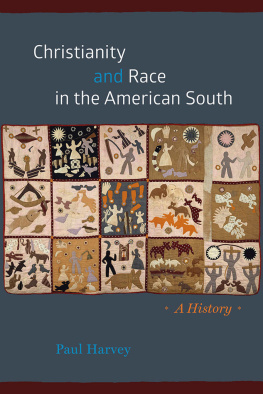
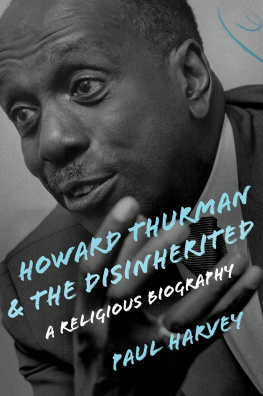
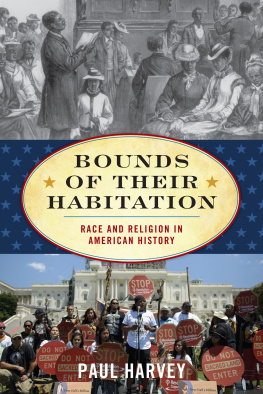
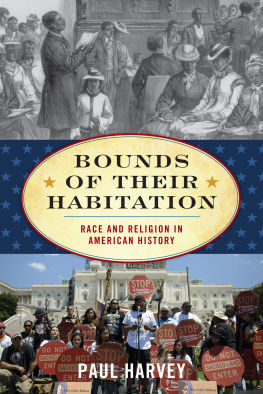

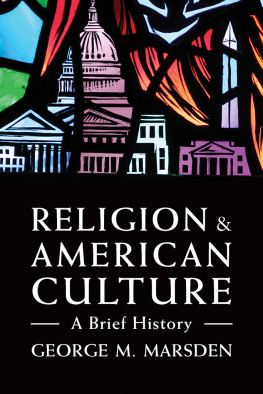
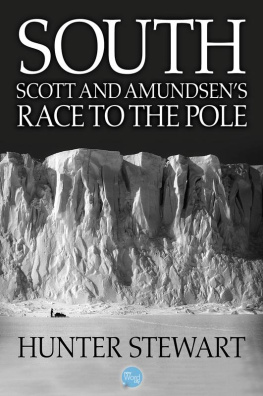
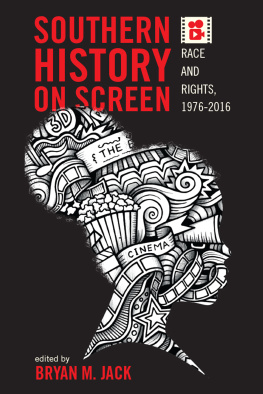
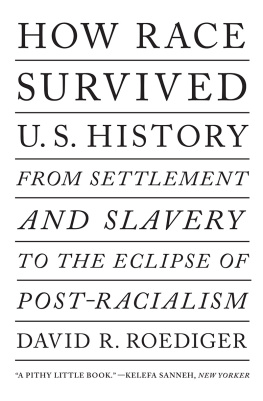
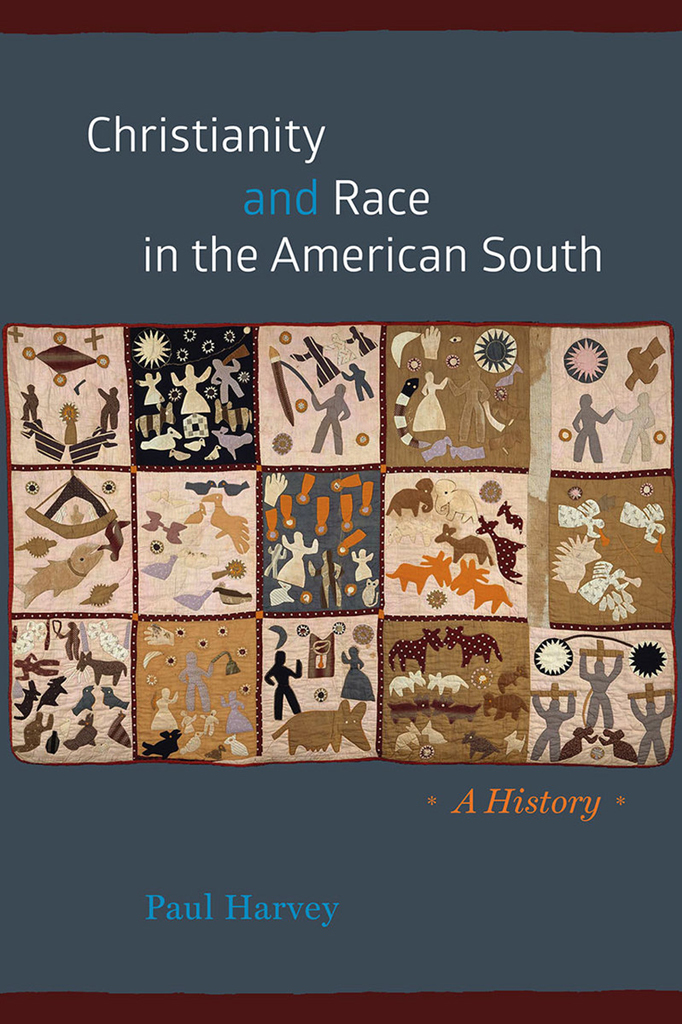
 This paper meets the requirements of ANSI/NISO Z39.48-1992 (Permanence of Paper).
This paper meets the requirements of ANSI/NISO Z39.48-1992 (Permanence of Paper).